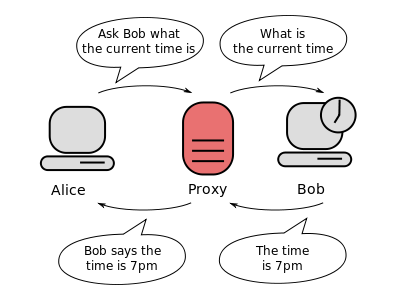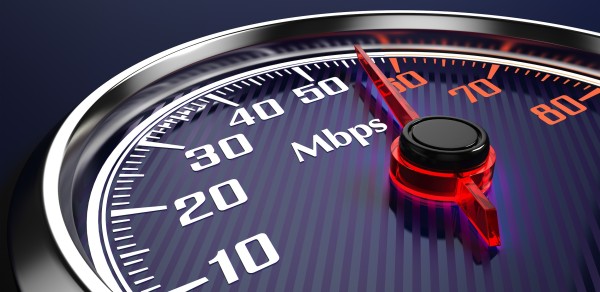Why does an enterprise need proxy servers?
To start from scratch, what is the need for proxy server for business enterprises? In any computer network, a proxy server is a one that acts as an intermediary between the client and the source (which is another web server) from which the client’s requested information is obtained. Usually a client’s requisitions are services, such media files, infomercials, webpages and links that are available from different servers and the proxy server evaluates the request and connects the client and the source after evaluation and simplification.
Types of proxy servers:
- Tunneling proxy is one which delivers requests and the corresponding responses unmodified. The other term used to describe this is a gateway.
- Forwarding proxy server is one that is accessible by any user on the net. Gordon Lyon estimates there are millions of open proxies on the Internet. Forwarding proxies allow users to conceal their identities and surf the internet anonymously.
- Reverse proxy is the most versatile proxy, an internal-facing proxy that controls access to a server in a network. This particular kind is versatile as in considering it can perform additional operations such as decryption, caching and load sharing.
The type of proxy a business enterprise might need depends solely on the infrastructure of the business. There are more than 30 types of proxies mentioned in this proxy server list. You can check this list to know which one is suitable for your business needs. While the forwarding proxy is something which all business enterprises should have, in case the company itself holds a web server, a reverse proxy is needed.
How does a proxy work?
Typically, requests from the clients are forwarded to one or more proxy servers which handle the request. The response from the proxy server is returned as if it came directly from the original server, leaving the client no knowledge of the origin servers. This way when the business organization accesses the internet, neither the client or the source has no working idea of where the content originated or where it is headed. Basically, a proxy keeps all the transactions anonymous.
The uses of having a proxy server:
Lets just assume the corporate business enterprises have no need to access region-restricted content and perform criminal activities -so that they would need to hide their identities. So let’s cut to the chase. The foremost use of proxy server in any business enterprise would be for security purposes. The threat from hackers getting into business servers and stealing of data is an ever increasing event and to safeguard the data from being misused is probably the only reason many enterprises resort to using proxies. In addition to providing security from external malware threats and denial of service attacks, proxies help to encrypt the data, so that it may not be misappropriated. The proxy also helps to protect the internal network structure of the enterprise too. This makes requests from machines and users on the local network anonymous. Proxies can also be combined with firewalls.

Monitoring and control of data flow
Monitoring and control of data flow is another important aspect of implying proxies. It provides an administrative access of the data that flows from the client and also from the business server. This means a better access and control of all the data the enterprise ever sends and receives in accordance with the data usage policies. In addition to this, this can also grant access the client’s request to access the organization’s intranet. A content filtering proxy will often support user authentication, to control web access. This includes having a log of events that include the user’s data along with their bandwidth usage statistics. This logging action serves as a eavesdropping mechanism too. All data, password and even the cookies sent between the client and the web can be accessed and analyzed.

Speeding up performance
Proxy servers keep track of what website needs the organization has and the frequently used websites are stored offline and are used to load the webpages much faster when the same request is encountered. The net result? Blazing fast webpage loading speeds, lesser bandwidth consumption and obviously lesser operating costs. This type of servers are called Caching proxy servers. The additional advantage is that the reduction in the hardware costs that can be inferred from all the individual systems connected to the internet via a single proxy server rather than several individual connections.
Load balancing
Load balancing during a DDOS or a DOS attack is every IT tech guy’s nightmare. The attackers flood the server with quite possibly an impossible traffic that all other services cannot be handled. At such times, the proxy servers reroute the traffic to other web servers so that the clients experience lag free browsing.
Geo-tagged services
offer regional content to companies that are multinational.The requests are handled by proxy servers that are in various locations, open their IPs thus allowing the application to read the IP address and redirect the user to the appropriate page. This feature is also used in Geo-tagged advertisements by the MNCs. Various translator applications are coupled with this service to enable translation to local languages.
